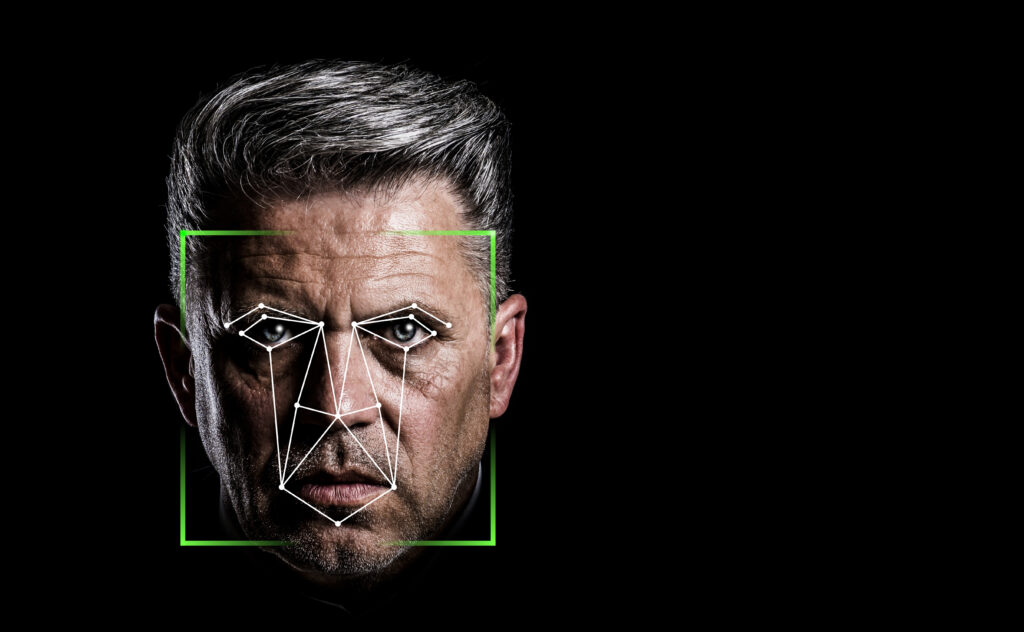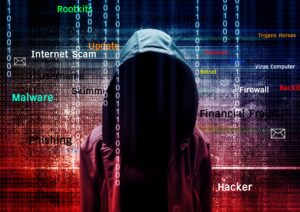The Coronavirus pandemic is forming an explosive marketplace for facial recognition technology. There have been severe warnings, however, over privacy issues.
Because of the ongoing crisis, country after country are adopting facial recognition technology in order to track the spread of this highly challenging and dangerous virus.
Warnings have been expressed though concerning COVID-19 tracking capabilities, which are highlighting important and deep-rooted issues around data collection and storage, user consent, and surveillance, & which could now become totally side-lined because the greater need.
Justify
But can the end justify the means?
“Faced with a pandemic, the public may be rapidly accepting the risks involved with providing biometric data for healthcare services, but individuals should not be so quick to give up that data,” Matt Gayford, consultant at the Crypsis Group, recently observed. “While facial recognition technology provides a fast and zero-contact method for identifying individuals, the technology is not without risks. Primarily, individuals scanned by facial recognition services need to be aware of how their data is being used.”
The reason why demand for no-touch facial recognition solutions is currently growing exponentially is in an attempt to curb the spread of the coronavirus, with authorities also anxious in reducing contact biometrics programs that require fingerprints or iris scans.
NYPD
New York Police Department, for example, have now stopped employees from using fingerprint ID entry security procedures. So facial recognition companies now market their services as a new identification alternative, and one that crucially does not require physical contact.
Also, facial recognition companies are customizing their solutions so that they are better equipped to track who may test positive for coronavirus.
Masks
A Chinese company called Hanvon whose customers include the Chinese Ministry of Public Security, recently updated its facial recognition technology so that it can identify people when they are wearing masks. Hanvon’s facial recognition technology can be connected to a temperature sensor, measuring someone’s body temperature when identifying their face and name.
German-based Dermalog is marketing its facial recognition technology that determines temperature as a safety feature.
China has reportedly installed trial facial recognition thermometers on buses to detect coronavirus symptoms, which scan passenger’s faces at the entrance of the bus, and alerts the driver
Russia is using facial recognition cameras to enforce quarantine orders.
“Super Spreaders”
“Super Spreaders” who fail to isolate themselves after they have tested positive for coronavirus, potentially spreading the virus to others would be a particular target of such techniques.
“There is of course a space for facial recognition systems and their potential use, especially during the COVID-19 pandemic, is clear in becoming an alternative to fingerprint and other biometric technologies that rely on touch-based sensors,” Steve Durbin, managing director of the Information Security Forum explained in a recent interview.
He further said, “the issue of privacy and protection of the rights of the individual remains unchanged. Facial recognition is not a perfect science, we have seen public dissatisfaction with the way in which some governments have used facial recognition resulting in its withdrawal from use.
White House
Facial recognition in itself is not totally new. In the US facial recognition is also already actively used by police forces and even at the White House. The EU last year also approved a massive biometrics database that combines data from law enforcement, border patrol and more for both EU and non-EU citizens.
The privacy debate around facial recognition is not new The American Civil Liberties Union (ACLU) filed a lawsuit against the Department of Homeland Security (DHS) over its use of facial recognition technology in airports; while the State of California last September passed a bill to ban the use of facial recognition-equipped cameras by law enforcement.
Privacy Risk
Privacy advocates worry that panic around the coronavirus, and the potential of facial recognition for helping its containment – could cause total obliviousness to its privacy risks.
Rui Lopes, engineering and technical support director at Panda Security, observed that facial recognition comes with a flurry of drawbacks. While regulations such as GDPR have taken a hard stance on data collection by companies online, this same level of oversight doesn’t exist when it comes to the collection, storage and sharing of facial recognition data.
“Using facial recognition, it is easier than ever for governments to monitor and track their citizens, destroying the assumed privacy that comes with anonymity in a crowd,” Lopes said. “Great care must be taken by any organization that adopts facial recognition at this time and should disclose their data collecting practices. It is easy to imagine hackers going after a database of facial recognition data to exploit, thereby giving criminals yet another weapon to use.”
Consent
Another privacy concern when it comes to facial recognition is consent. Questions still remain unanswered around how users can knowingly opt out of their facial recognition data before it’s collected and stored.
“It’s important to understand the legal implications and potential repercussions to an individual’s privacy”. “Before using the services, individuals should understand how their data will be used, where it will be stored, and who will have access to it. If used by third parties, it would be possible to identify individuals on security cameras using the facial recognition data. Advertisers could easily build a profile of shopping behaviours and begin targeted advertising. On the other end of the spectrum, the same data could be used to track an individual’s movements, habits, and even their online presence by scraping photos from social media.”
Validation
“For facial recognition systems to become an acceptable, widely used means of validating that we are who we say we are we first need to ensure that the privacy rights of the individual are protected, that the data is responsibly collected, stored and managed and that its use is restricted to the purpose for which it was originally taken,” The Information Security Forum recently warned that we are a long way off these safeguards being consistently rolled out.
1984
Looking ahead, experts urge governments and regulators to consider ironing out the privacy wrinkles before adopting facial recognition technology. Otherwise, it is feared the changed world created after this crisis is over will contain far too many elements of the horrific world outlined in George Orwell’s book ‘1984’.










